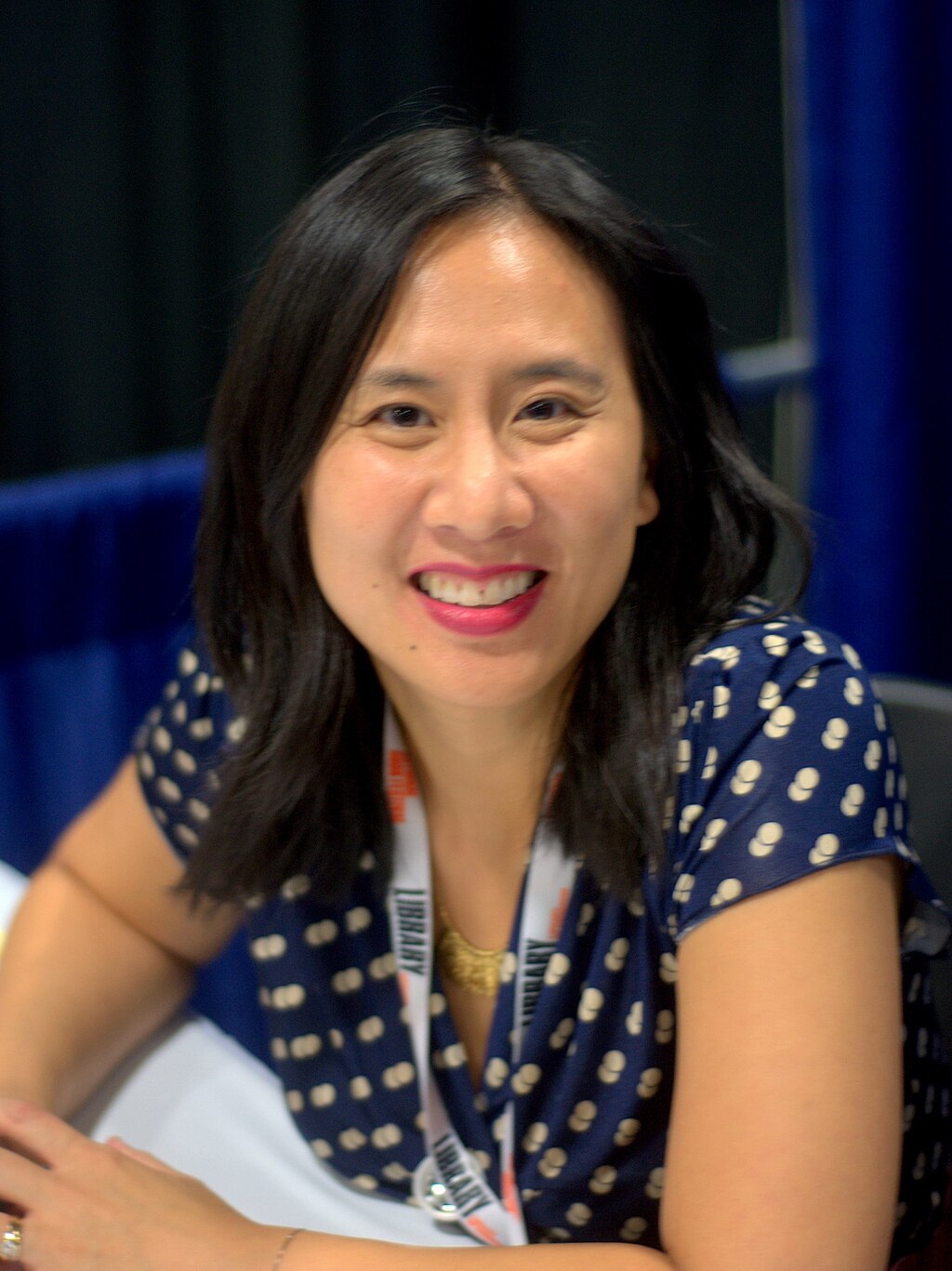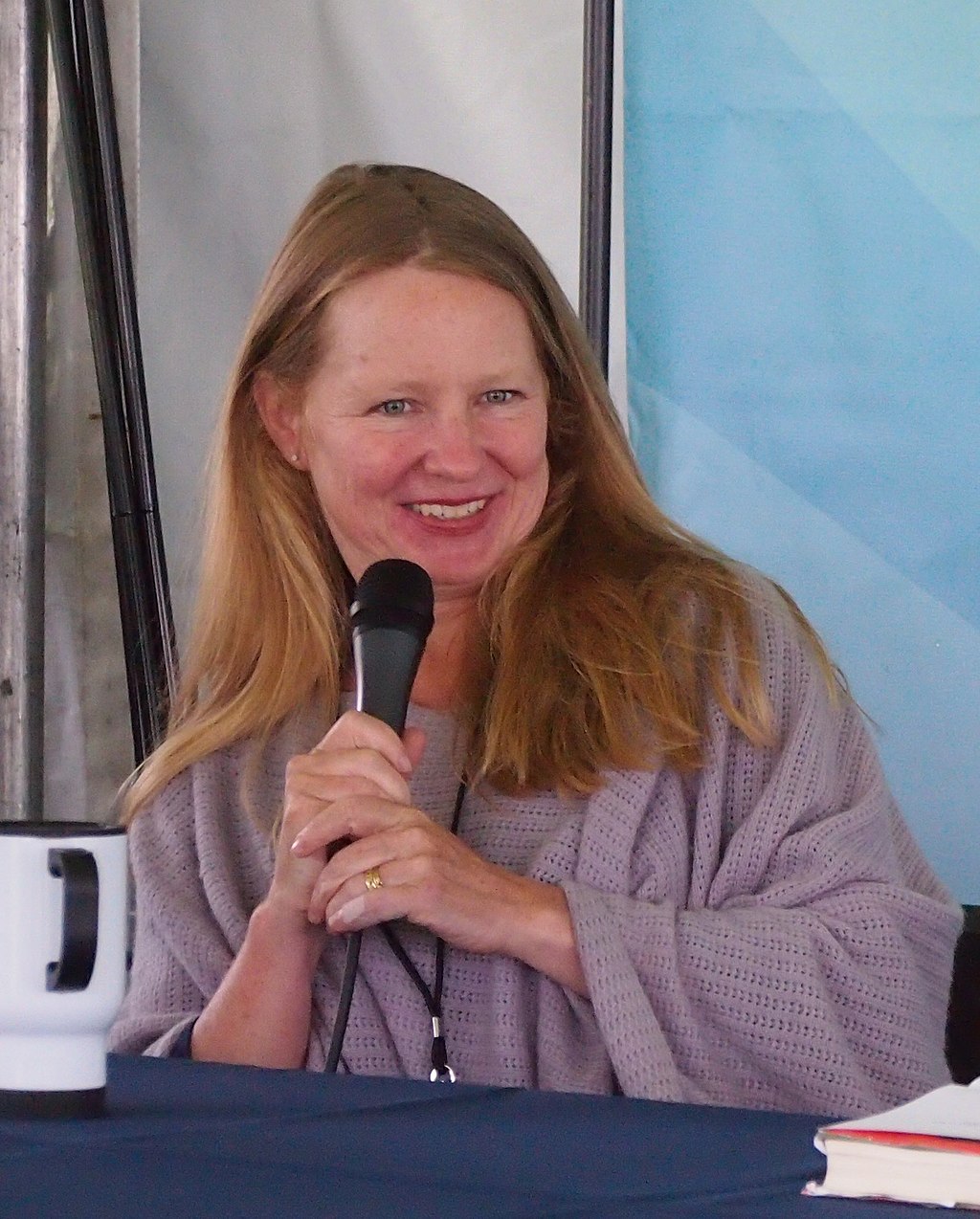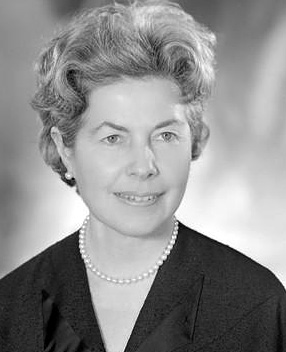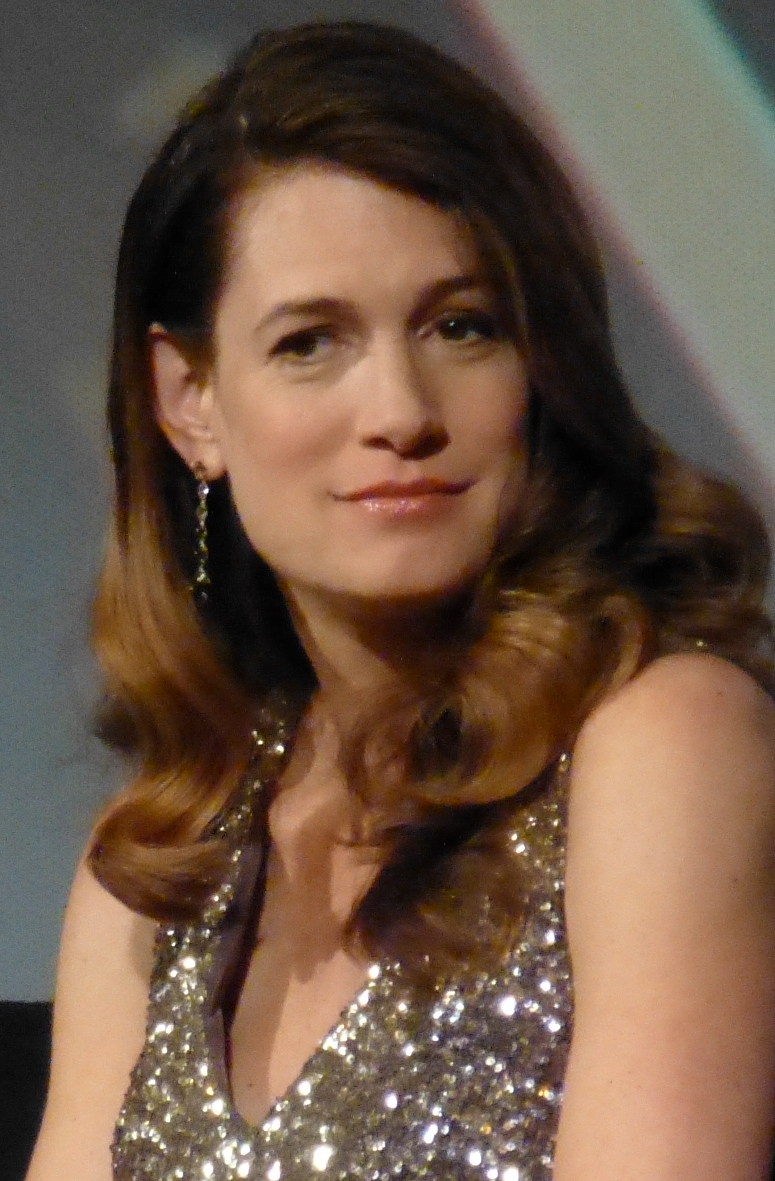Author Leigh Brackett mostly wrote science fiction but was also a screenwriter for both the large and small screen. She worked on scripts for such cinematic works as a 1946 film noir starring Bogart and Bacall titled The Big Sleep and 1959’s Rio Bravo, as well as other John Wayne Westerns, and she contributed to the screenwriting process for The Empire Strikes Back. She was born in Los Angeles in 1915; her father, himself an aspiring writer who worked as an accountant, died three years later of influenza during the pandemic that killed over 600,000 Americans and countless millions worldwide. Her mother and grandparents then raised her in Santa Monica. Young Leigh was a tomboy who enjoyed playing volleyball and reading Tarzan stories; she went on to attend a private school for girls. She did not attend college due to the family’s financial situation.
At age twenty-four, she joined the Los Angeles Science Fiction Society, where she met such authors as Robert Heinlein, who published his very first story, “Life-Line,” that same year, and Ray Bradbury, who at that point had yet
to publish any of his works of speculative fiction. She soon started to attend Heinlein’s Mañana Literary Society gatherings; it is likely that this social milieu was inspiring and supportive, and Brackett’s first story, “Martian Quest,” was published in Astounding Science Fiction in 1940. Her first science fiction novel, Shadow Over Mars, was originally serialized in 1944 in the magazine Planet Stories, but was not published in book form (as The Nemesis from Terra) until 1961. Though it was somewhat rough-edged, it marked the starting point of a new film noir-inflected style of science fiction.
Her first published book-length fiction, a detective mystery novel titled No Good from a Corpse (1944), was good enough that director Howard Hawks
told his secretary to call in “this guy Brackett” to help William Faulkner on scriptwriting for Raymond Chandler’s The Big Sleep, which is seen as one of the best detective movies ever made. Screenwriting became her main occupation until 1948, when she returned to speculative fiction. While working on The Big Sleep, she had no time to finish her novella Lorelei of the Red Mist, so she engaged Ray Bradbury to complete it, and it was published under both their names in Planet Stories in 1946.
On the last day of that year, she married Edmond Hamilton, a fellow space opera and mystery writer a decade older than she, who had been precociously intelligent enough to start college at age fourteen. They bought a house in rural Ohio and eventually a second home in California’s high desert and worked side by side for a quarter-century, though they only rarely collaborated in a formal sense. From 1948 through 1951, Leigh wrote a series of longer SF stories such as her novel Sea-Kings of Mars (1949), creating evocative planetary settings. Also in 1949, she began to produce a series of stories featuring Eric John Stark as protagonist; though her character was from Earth, he was raised by semi- sentient aboriginal denizens of the planet Mercury. She wrote and sold three stories featuring Stark: “Queen of the Martian Catacombs,” “Enchantress of Venus,” and 1951’s “Black Amazon of Mars” before turning her writing focus from plot-driven tales of high adventure to fiction with more attention to mood that contemplated such concepts as the passing of civilizations.
Brackett regularly sold short fiction to science fiction magazines through 1955, while at the same time producing a number of book-length works, including The Starmen (1952) and the post-nuclear holocaust novel The Long Tomorrow (1955). That year, however, Planet Stories, her most reliable buyer, ceased publication; her fittingly titled story Last Call graced its final issue. But later
in 1955, both Startling Stories and Thrilling Wonder Stories folded, and with that, Brackett’s magazine market for her short stories had evaporated. Though she did write some short stories in the years that followed (some of which
saw print after evolving into full-length books), for the next decade or so she focused her efforts on writing for the more financially rewarding big screen and television markets.
In 1963–64, she revisited the Martian setting of her early adventure works in two short stories, “The Road to Sinharat” and the amusingly titled “Purple Priestess of the Mad Moon,” which was at least somewhat of self-parody. After several years more, she returned to science fiction in the mid-seventies with her trilogy The Book of Skaith, which revived her Eric John Stark character of decades earlier but shifted the setting to Skaith, a fictional world outside Earth’s solar system. Brackett never wrote any more tales set in our own solar system after the Mariner probes proved there was no life on Mars; instead, she invented her own faraway planets. Her narratives often involved clashes between planetary civilizations or tensions between colonizers and local sentient beings.
Leigh Brackett published twenty original novels spanning genres including SF, mysteries, crime, and Western, as well as more than fifty works of short fiction and sixteen screenplays for cinema and TV. She died in California after a battle with lung cancer in 1978, shortly after completing a first-draft script for Star Wars: The Empire Strikes Back.
On William Faulkner’s handling of collaboration with her on The Big Sleep:
He greeted me courteously. He put the book down and said, “We will do alternate sections. You will do these chapters and I will do these chapters” and so on. But that’s the way he wanted it done. He turned around and walked into his office and I never saw him again except to say good morning.
Leigh Brackett
This excerpt is from The Book of Awesome Women Writers by Becca Anderson, which is available now through Amazon and Mango Media.









